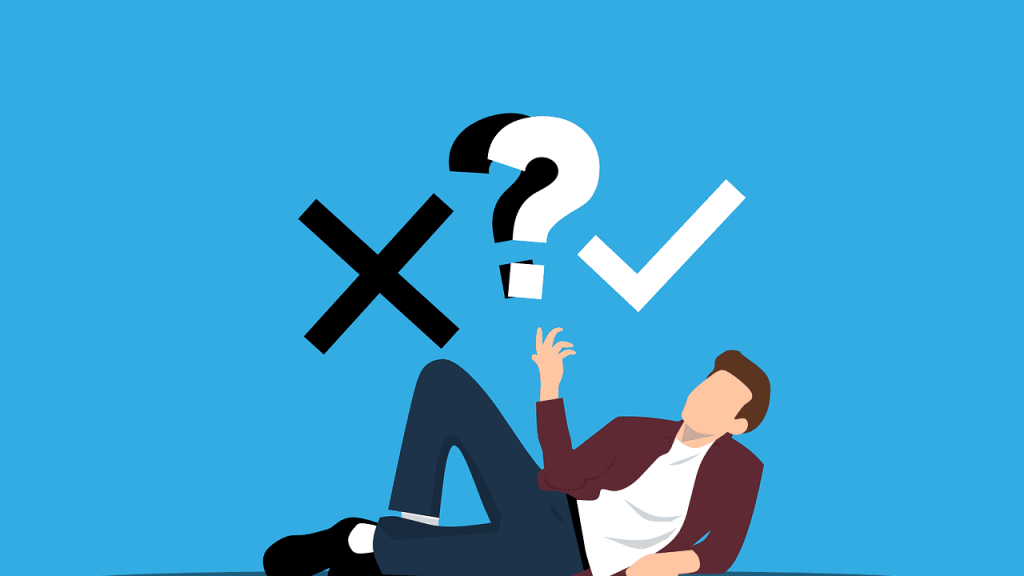If you’re using EBT (Electronic Benefit Transfer) to buy food, you might be wondering exactly what you can and can’t get at the grocery store. EBT cards, which are like debit cards for food assistance, have some rules about what’s allowed. It’s good to know these rules so you don’t get surprised at the checkout. Let’s dive into what those rules are and what types of food are off-limits.
Hot Foods and Ready-to-Eat Meals
One of the biggest restrictions is around hot foods and prepared meals. You might be thinking about grabbing a rotisserie chicken or a slice of pizza, but sometimes you can’t.

The main thing to know is that you generally can’t buy hot foods or foods that are ready to eat with your EBT card. This means food that’s prepared and meant to be eaten right away isn’t usually covered.
Why? Well, the main goal of EBT is to help people get the ingredients to cook meals at home and prepare their own food. The government doesn’t want to pay for restaurant meals or fast food.
- Think about it like this: If you’re buying the ingredients to make a sandwich (bread, meat, cheese), that’s okay.
- However, buying a pre-made sandwich from the deli usually isn’t.
Non-Food Items
EBT cards are specifically designed for buying food, so anything that isn’t food is off-limits. This rule is pretty straightforward, but it’s easy to forget about it when you’re shopping. You won’t be able to purchase anything that isn’t considered an approved food item.
This means certain things you might grab while grocery shopping just aren’t allowed.
This can include cleaning supplies and other things you would buy in a grocery store. It’s good to separate your purchases to avoid any confusion at the register.
Here are some examples of items you can’t buy with your EBT card:
- Paper towels
- Laundry detergent
- Diapers
- Pet food
- Alcoholic beverages
- Tobacco products
Vitamins, Supplements, and Medicines
Vitamins, supplements, and medicines also have restrictions when using your EBT card. This is because, according to the rules, EBT is for basic food items only. It’s meant to help people get the nutrients they need from their food.
These products are seen as something different from basic food staples.
Things like vitamins and supplements might seem healthy, but they don’t fit the criteria for EBT.
Here’s a quick overview:
| Allowed | Not Allowed |
|---|---|
| Basic groceries (fruits, vegetables, meat) | Vitamins |
| Supplements | |
| Medicines (even over-the-counter) |
Luxury Foods and Specialty Items
Sometimes, there are restrictions on “luxury” foods or very specialty items. While EBT is meant to help people get basic foods, it doesn’t usually cover extravagant or non-essential items.
This doesn’t mean you can’t buy a few fun treats but can come into play.
Keep in mind that the rules can vary by state, but generally, items considered “luxury” foods or specialty items are not covered.
For instance, items like caviar might not be allowed.
Conclusion
So, when you’re using your EBT card, remember the main points: generally avoid hot foods, prepared meals, and non-food items. Also, remember to check about vitamins, supplements, medicines, and specialty items. Following these rules helps ensure your EBT benefits are used correctly and efficiently. Now you should be more prepared for your next trip to the grocery store!